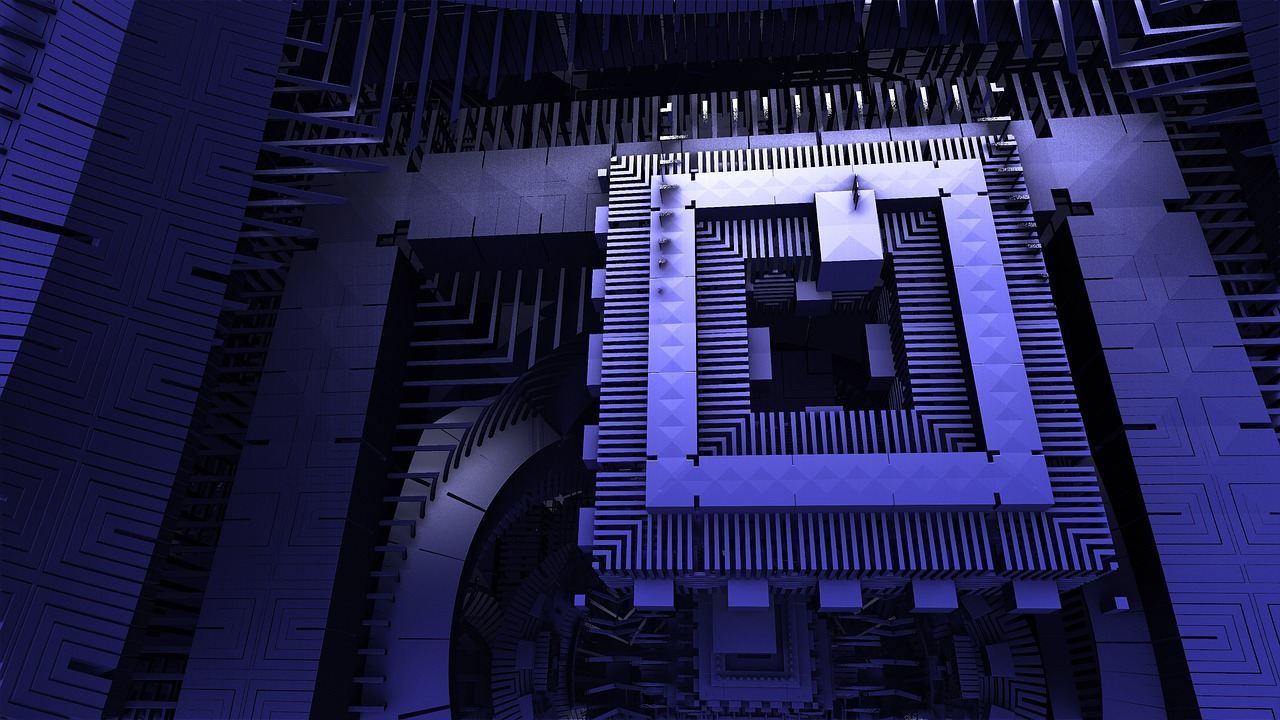Quantum computing represents a revolutionary leap in technology, tapping into the enigmatic principles of quantum mechanics to tackle problems beyond the reach of classical computers. It promises profound impacts across diverse fields, from cryptography to material science.
Understanding Quantum Mechanics
Quantum mechanics is the branch of physics that studies the behavior of particles at the microscopic scale. Unlike classical mechanics, which deals with predictable and deterministic systems, quantum mechanics operates on probabilities and uncertainties. Fundamental to this field are concepts such as superposition, entanglement, and quantum tunneling. In a quantum state, particles can exist in multiple states at once (superposition), influencing each other instantaneously over vast distances (entanglement). These principles form the backbone of quantum computing, allowing for the processing of information in ways unattainable by classical systems.
The Quantum Bit: Qubit
A classical computer uses bits as the fundamental unit of data, with each bit being either a 0 or 1. Quantum computers, however, use quantum bits or qubits. A qubit can exist simultaneously as both 0 and 1, thanks to the principle of superposition. This dual-state capability enables quantum computers to perform many calculations in parallel, vastly increasing computational power. Moreover, through entanglement, qubits can be interconnected, providing exponential growth in processing capability with each additional qubit. The delicate nature of qubits, however, requires sophisticated error correction and stabilization, presenting a significant technical challenge.
Quantum Gates and Circuits
To perform calculations, quantum computers use quantum gates that manipulate qubits through unitary transformations. These gates are the quantum analogs of classical logic gates. Operations on qubits are governed by the rules of quantum mechanics and can produce a range of outcomes based on probability amplitudes. A quantum algorithm involves a series of quantum gates arranged into circuits that transform an initial qubit state into a final state, interpreted to extract meaningful results. The accuracy and efficiency of quantum algorithms depend on meticulously designed circuits and operations, which are guided by theories in quantum mechanics and computer science.
Quantum Supremacy
Quantum supremacy refers to the point where a quantum computer can solve a problem that no classical computer can solve in a reasonable amount of time. Achieving quantum supremacy is a monumental milestone in quantum computing, signifying a definitive proof of quantum computers&8217; superior capability. In 2019, Google claimed to have reached quantum supremacy with their Sycamore processor, which performed a specific task in 200 seconds that would take a classical supercomputer 10,000 years. While this claim sparked considerable debate and scrutiny, it undeniably marked a profound step towards realizing the potential of quantum computing.
Potential Applications
The unique advantages of quantum computing can revolutionize various industries. In cryptography, quantum computers could break existing encryption schemes but also pave the way for unbreakable quantum encryption. In medicine, they can model complex molecular structures, advancing drug discovery and personalized treatment. Financial institutions could harness quantum algorithms to optimize portfolios and manage risks more effectively. Additionally, quantum computers excel at solving optimization problems, bolstering advancements in logistics, artificial intelligence, and machine learning. However, practical, large-scale application of quantum computing remains on the horizon as researchers continually address technical and theoretical challenges.
Challenges and Future Prospects
Despite the immense promise, quantum computing faces significant hurdles. Qubits are highly susceptible to environmental disturbances, necessitating error correction techniques that require additional qubits, creating a scalability issue. Heat dissipation, coherence time, and implementing fault-tolerant quantum systems are other major challenges. Furthermore, developing new algorithms that leverage quantum capabilities is an ongoing area of research. Despite these obstacles, the field of quantum computing is rapidly evolving, with continual advances suggesting a promising future. As techniques improve and stabilize, quantum computing could become an integral part of our technological landscape, potentially transforming how we approach and solve complex problems.
Quantum computing is an extraordinary convergence of quantum mechanics and information technology, promising to unlock unprecedented computational power. It stands on the precipice of revolutionizing how we perceive and interact with the digital world, holding tremendous potential that continues to unfold.
